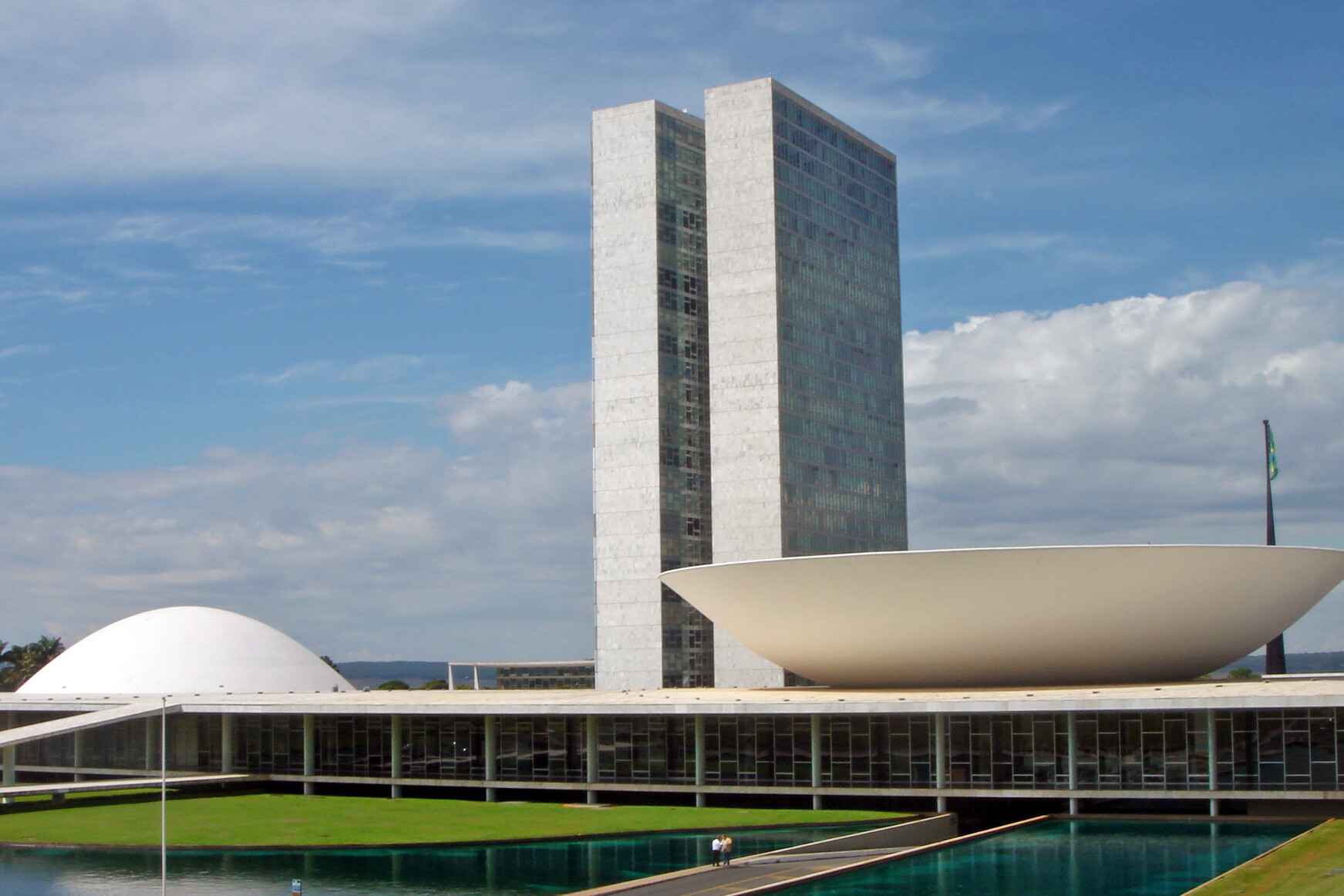In September 2016 the new government of Michel Temer began to threaten public media in Brazil with a series of changes. One year later, journalists continue to denounce the dismantling of public broadcasting in the country.
The modifications, made under the provisional measure MP 744, led the Empresa Brasil de Comunicação (EBC) through a storm that changed its identity as a public broadcaster to a much more controlled and restructured media agency.
As part of the approved measure, EBC’s Board of Trustees were dismissed and President Temer acquired the power to nominate and exonerate its executive directors. The situation has neither changed nor improved and, one year later, journalists are still decrying the deterioration of public media in Brazil.
“What is happening to the EBC today, apart from the dismantling of several sectors, is to serve the federal government as a transmission line for their interests,” said Rita Freire, former president of the Board, to the newspaper Brasil de Fato.
Freire argued that the complete extinction of the Board also signalled the end of society’s contribution to and participation in the company, as its members were representative of several societal bodies.
Denouncing the dismantling of the EBC
On September 1, members of the former Board issued a note to denounce the changes and problems which tainted the public broadcaster.
“We, members of the Board of Trustees revoked by MP 744, deem it our duty to denounce to Brazilian society the dismantling of EBC in direct affront to what is determined by the 1988 Constitution and we trust that the Federal Supreme Court recognises the unconstitutionality of actions against public communication, which has been perpetrated by an illegitimate government over the past year, “ said the note.
Within EBC employees are often not informed of changes that affect them directly and there have been around 40 separate applications for resignation this year alone. There is little to no transparency when it comes to the licensing and assignment of employees. The organisation’s Ombudsman office has flagged up in its reports that the excess of governmental topics in TV programmes which often provide an unquestionable defense of the government’s proposals.
“There is no more discussion about what topics are relevant, what are the important issues, how to detail the issues, how to deepen certain coverages,” “said Ivan Richard, an official of the Employees’ Committee of the EBC. “What has been done, as a rule, is official journalism, which simply communicates what the government says – in this case, the Presidency and the ministries – and the allied base in the Congress. Anything that escapes this has had a lot of trouble getting worked on and published.”
The Administrative Council of the EBC has also approved a voluntary termination programme (PDV) to cut down at least one fifth of the 2,600 employees with details still subject to analysis.
In addition, The Intercept reports that TV programmes have been withdrawn, contracts have been cancelled and content has been removed from the broadcaster’s platforms.
The defense
The Brazilian broadcaster however, tried to respond to some of the accusations in a note justifying its conduct and choices.
“The EBC treats the information seriously and transparently and regrets that the staff [are] subject to widespread and distorted speculation and criticism,” said the broadcaster. “All the effort the current administration has been doing is to keep all EBC vehicles running more efficiently and at a lower cost.”
The EBC reinforced its commitment to transparency but said that the decision taken by the provisional measure was not “within the competence” of the organisation.
Understanding the value of public media
The critical situation faced by the broadcaster over the past year and the government’s conduct ultimately highlights the need for greater understanding as to what the role of public media is in a democratic society. According to EBC’s Ombudsman, citizens’ perception and understanding of public broadcasting might have an impact in its future.
“If governments were less patrimonialist and the public more informed about communication and media as a fundamental right, perhaps public media would have more independence, providing quality service in the perspective of the critical formation of society, ” argued the Obundsman.
In the meantime, the future of public broadcasting in Brazil remains under threat and subject to the government’s extensive oversight.
Related Posts
14th February 2017
Senate approves measure to restructure Brazil’s public broadcaster
Concern as provisional measure,…
12th October 2016
Further measures undermine public media in Brazil
The government’s decision to wipe out…


